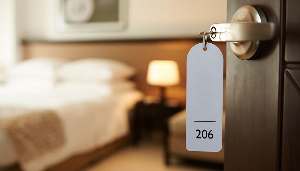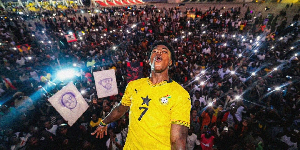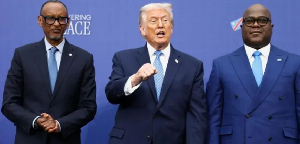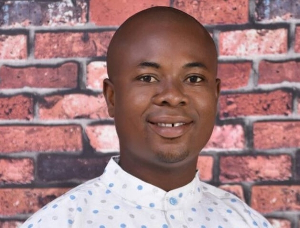Ghana’s democracy has not reached the stage where voting lines of Members of Parliament will be made public just as is done in some advanced countries, Tweneboah Kodua, a political science lecturer at the Catholic University, Fiapre, has said.
According to him, although Ghana is consolidating its gains in democracy, there are a few issues that must be addressed before such an idea can be implemented.
His comments follow suggestions by the Member of Parliament for Kumbungu, Ras Mubarak, to the Speaker of Parliament that MPs’ votes in the chamber be made public.
In a letter addressed to the Speaker, Mr Mubarak said: “Making public the voting record of MPs, as you aptly stated in your inaugural address, sharpens not just the responsibilities of individual MPs, but it also give constituents an opportunity to know how individual MPs voted on key legislations.
“It will expose MPs who ran away when their constituents needed their votes on crucial matters. The argument of those who do not wish for the kind of changes you intend to bring to parliament in respect of voting record is that, if whips allow MPs to vote the way they want, it will weaken government programmes.
“It is true that MPs are in parliament on the ticket of their party, but it is also true that MPs will have to balance what is in the party interest and what is in the interest of the people they are representing in parliament. It can't be business as usual, we have to cede ground and give the people what they want.”
But speaking in an interview with Accra News on Friday February 3, Mr Kodua said: “We are a very young democracy and we haven’t reached the stage where we will emulate the advanced countries in making MP’s votes open.
“We are now consolidating our fledgling democracy and so I think we should maintain the current status where the votes are secret. That is good for us for now.”
He added: “In democratic governance what matters most is what the majority will say with their votes, and so for now I think we should maintain the status quo.”
General News of Friday, 3 February 2017
Source: classfmonline.com













